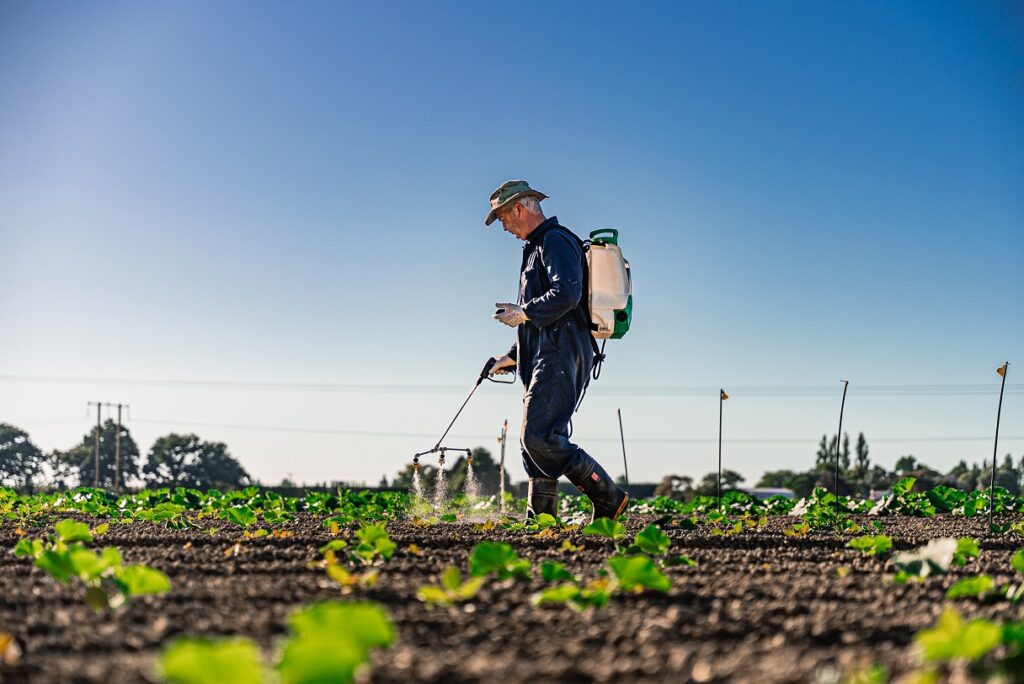The first seeds have been sown for a project seeking crop protection solutions to soilborne diseases costing New Zealand buttercup squash growers an average of $20 million a year in lost revenue.
The A Lighter Touch and NZ Buttercup Squash Council project is looking to develop an agroecological “whole of farm” approach to manage soilborne diseases, with losses from these diseases significantly impacting the crop each year.
About 6,500 hectares of buttercup squash is grown each year in Aotearoa, producing around 85,000 tonnes of fruit, mostly for export. Average annual losses from soilborne disease sit at around 30 percent but can be as severe as 70 percent of a field’s yield.
The first two stages of the project are progressing, with one being a review of all New Zealand and overseas knowledge on the prevalence, management and mitigation of soilborne diseases in squash, including plant breeding for disease tolerance. This work is being led by Lincoln University, and the knowledge gained from it will be used in the development of Best Management Practice guidelines for growers, as well as contributing to the project more broadly.
The second stage of the project now underway is the establishment of field and pot trials aimed at identifying and evaluating crop protection products that are available and useful in helping reduce soilborne diseases.

One of the field trial sites for the project near Gisborne, about five weeks after planting.
Trials have been planted in both Gisborne and Hawke’s Bay, the two main growing regions for squash. Seven products are being trialled in each location. Throughout the growing season, the trial crops will be monitored for disease presence, which is visible above ground through wilting or canopy collapse, and in root damage from plants pulled for inspection.
The full project, which will run through to 2027, will also include on-farm demonstrations showing practical application of tools and techniques to reduce the physical and economic effects of soilborne disease, and field days to share knowledge from the project with growers.

A biological crop protection product is applied to squash plants in a field trial in Gisborne.
Soilborne diseases are a problem for a wide range of crops besides squash, from passionfruit through to arable and other vegetable crops. As such, findings from this project with the NZ Buttercup Squash Council will be of significant interest to many other ALT partners, who have identified soilborne diseases as the number one crop disease management gap.
